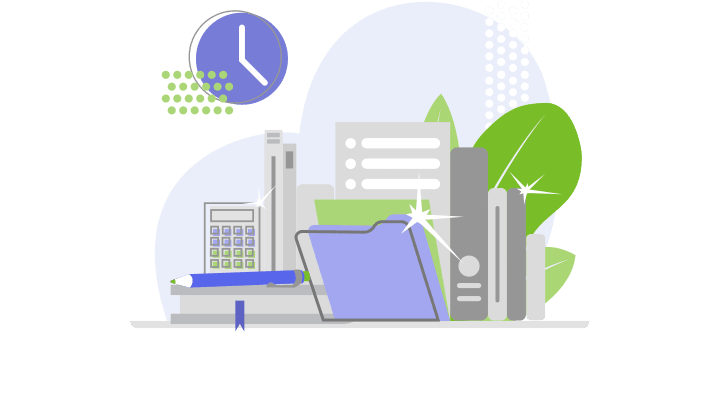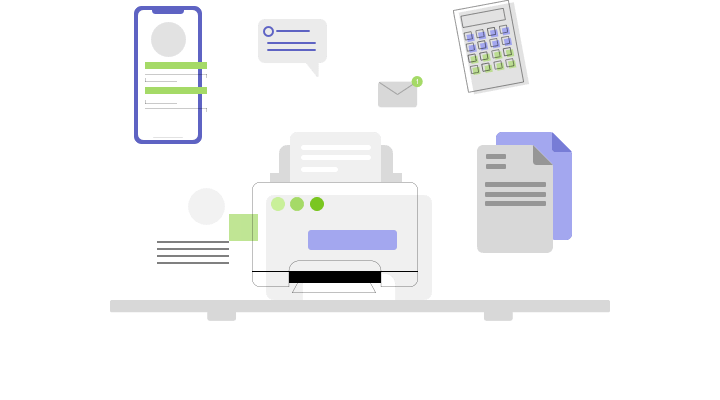
Additionally, outstanding checks can affect your budgeting and financial planning. You may think you have a certain amount of money available, but if there are outstanding checks that haven’t been accounted for, you could end up overspending. Because the check written for a payee has not yet been presented to the bank for clearance, the company’s funds will reflect a deduction, but the bank balance will remain unchanged. As a result, the company’s bank balance will show a more excellent balance than its actual amount of cash in hand.
2 – Claim status inquiry and response (276/
A well-managed bank account is a stepping stone toward a secure financial future. Outstanding checks are a significant aspect of financial management often overlooked. These checks, written but not yet cashed or cleared by the bank, can create account balance discrepancies and complicate financial reconciliations if not properly addressed. Understanding their implications is crucial for businesses and individuals to maintain accurate financial records. Monitor Your Account RegularlyRegularly monitor your account balance to ensure sufficient funds are available for outstanding checks.
Potential for Overdrafts and Insufficient Funds

In contracts, “outstanding” often describes obligations or payments that have not yet been fulfilled. For instance, if a service has been provided but not paid for, that payment is considered outstanding. The term “outstanding” in legal contexts usually refers to something that is still pending or unresolved. For example, an outstanding debt means money that is owed outstanding checks and has not yet been paid.
- Like business checks, personal checks are generally considered invalid after six months (180 days).
- Your first step should be to use an accounting system that deducts any uncashed checks from your available funds.
- As immigration lawyers have pointed out, this is more of a placeholder status.
- An outstanding check refers to a check that has already been issued to the recipient.
- You may think you have a certain amount of money available, but if there are outstanding checks that haven’t been accounted for, you could end up overspending.
How an Outstanding Check Works?

This typically includes sending contra asset account written notices to the payee’s last known address within a specified time frame prior to escheatment. Dormancy periods—the length of time a check remains uncashed before it’s considered abandoned—vary by state, typically from one to five years. Familiarizing yourself with each state’s specific regulations where you operate is crucial.
- The payee, or recipient, should take steps to deposit outstanding checks as quickly as possible to avoid the risk of their becoming void.
- In conclusion, avoiding an outstanding balance on your credit cards requires a proactive approach and responsible financial behavior.
- Non-appearance can also impact bail conditions, potentially resulting in revocation or increased bail amounts.
- Knowing how to stop payment on a check is useful as well if you wish to void an outstanding check (more on this below).
- Post Dated – Post Dated Check – If a check is returned for Post Dated this means the date on the check was for a future date.
- It’s important to be aware of outstanding checks and to resolve them quickly.
This interest rate is typically higher than the rate for purchases, and it can vary depending on your creditworthiness and the terms of your credit card agreement. EFT is the quick and easy way to have Medicare payments deposited directly into your bank account. For individuals, the risk lies in overspending and the potential for overdraft fees should the outstanding check be presented for payment unexpectedly. They are key components of transactions involving payments or transfers. This documentation will come in handy if you need to prove to state regulators that you made reasonable attempts to complete the payment. If an outstanding check is cashed after you asked a bank to stop the payment, you will be responsible for proving that you took the necessary steps to complete the payment.

While the Uniform Unclaimed Property Act provides a general framework, the specifics, such as dormancy periods, vary by state. Businesses must maintain an updated compliance calendar to avoid fines or penalties. Stale-dated or void checks present unique challenges in financial management. A check becomes stale-dated when uncashed for an extended period, often six months, depending on state laws or bank policies. Banks may refuse to honor such checks, disrupting financial planning and cash flow management.
• You may wind up being charged overdraft fees and Medical Billing Process non-sufficient funds (NSF) fees if the outstanding check is deposited and then bounces. Business owners know that outstanding checks might take weeks or months to get cashed. By being proactive and diligent in tracking all spending, you will have a better idea of your overall financial health and can make more suitable plans for the future. You can also commit to growing your financial literacy by learning about more topics around bank accounts and payment.
